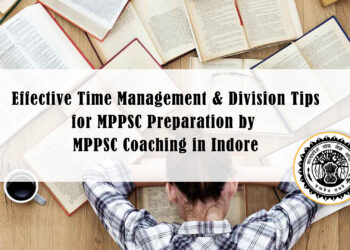Homeschooling has become more widely accepted across the country but there are still variations in what methods are allowed, proof of learning, documentation requirements and what a state can do if they find a family in violation. Before enrolling in any homeschool program or purchasing curriculum, the first step is to check out the state’s department of education website and look at the homeschooling guidelines. Some states are very lax and do not require more than basic documentation showing the child’s education plan and samples of work in case the household is audited. Others are stricter and require annual state testing to confirm the student is in the appropriate grade, has mastered grade-level concepts and is able to move to the next grade with confidence.
When you get information about homeschool in Florida (or wherever your state of residence is), check the state website but you also need to look at your county’s guidelines. The state sets the high-level rules and regulations, but the county can set their own requirements as it pertains to sports participation, truancy accounting and other areas. The more information you have, the more prepared you are to find a homeschooling method that is in alignment and provides an easy way to meet these standards.
Read More: Education is Key to Achieving Sustainability in a Rapidly Changing World
The basic options are creating your own curriculum which means parents keep track of the documentation, participating in a co-op where teaching responsibilities are shared or enrolling in an online homeschool platform that provides variations for parents to choose from.
Another great way to get information about homeschool in Florida is to find established homeschool groups who have already been through the process and have their routines setup. This is a valuable resource because new homeschool families can avoid pitfalls and roadblocks by checking in with experienced homeschoolers who are familiar with the guidelines and know how to navigate the system. Remember that teaching at home is not a rigid form and it should include more than just textbooks such as extracurricular activities, sports, physical education and field trips. These events can also be included as part of the student’s education plan and helps to ensure a holistic approach that develops all skills.
Parents who have the full responsibility of teaching and homeschooling administration should always keep documentation in an organized manner regardless of what the state requires in case they move to a new location where rules are different or the state changes their regulations.
Online homeschool platforms are some of the most helpful resources because they typically incorporate a reliable curriculum program as well as a record keeping system that parents can access at any time. Younger students are taught through print curriculum by their parents and then they transition in elementary to the online portal where they can connect with certified teachers. This benefit of this enrollment type is that it satisfies the majority of state requirements from relaxed to strict because all the components are part of the system. Report cards are issued on a regular basis and high school transcripts are in a traditional format so they can be submitted to colleges around the country.
Read More: How this pandemic will affect Indian Education System
Online programs with accreditation make it easier for students to get accepted into the university of their choice, while other homeschool options may be more challenging with the acceptable documentation forms. Parents can get information about homeschool in Florida regarding programs established in this state or platforms that meet this state’s requirements even if they are located elsewhere.
Some families choose to homeschool because they move frequently either because they are in the military or have a job that requires them to be flexible in where they live. Providing a stable education that doesn’t have to change because of state requirements is a necessary consideration to keep in mind when choosing the best method for the family.
Again, an online program has the best ability to satisfy this but not all programs are the same so it is important to talk with admission staff and carefully review the website against the most common state guidelines. By taking this approach, students do not have to switch curriculums each time they move but can continue with their studies and work towards graduation.
The decision to teach kids at home gives parents more interaction and involvement with their child’s education but they can’t operate outside the state and county’s guidelines. Take time to review the information at the beginning of the process or when you start thinking about transitioning to homeschooling so that there is plenty of time to prepare and find the right method.
The Internet makes it easier to connect and get feedback from homeschoolers all over the country who can share their experiences and learned lessons so you can benefit from what they have to say and create a solid foundation to start your homeschooling journey.











